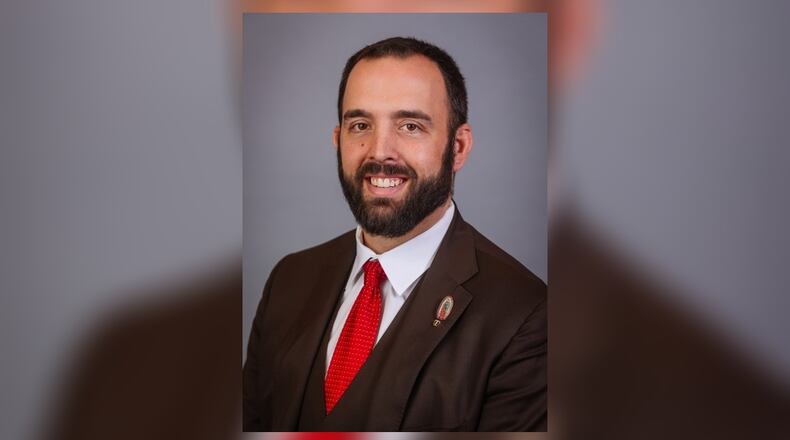Let me be clear: dissolution is not forced. It is a vote by the residents themselves. If they value their village structure, despite outsourcing services or candidate shortages, they can keep it. This is not top-down overreach. It is bottom-up empowerment. As I testified before the House Government Oversight Committee, existing laws already allow for dissolutions in extreme cases, like fiscal emergencies. HB 331 simply streamlines this for voters, giving them agency over whether their local taxes are justified by the services received.
Critics paint this as a threat to rural identity, but the real threat is inefficiency that burdens hardworking Ohioans. Our state has more taxing jurisdictions than any other, over 673 villages based on recent census data, leading to a convoluted tax code that inflates property and income taxes. When villages rely on others for core functions, residents end up paying twice: once to the village and again to the township or county delivering the actual services. Simplifying this reduces redundancy, eases the tax load, and ensures governments work efficiently for the people.
For villages already meeting their responsibilities, HB 331 changes nothing. And for those that are not, it provides ample time to adapt before any vote. In southwest Ohio and beyond, this law honors our constituents by trusting them to decide what is best. We have worked hard in the General Assembly to right-size government and simplify taxes. HB 331 is a common-sense step in that direction.
Voters deserve this choice. Let us keep working for a bolder, stronger, Buckeye state.
State Representative Adam Mathews is serving his second term in the Ohio House of Representatives. He represents the 56th Ohio House District, which encompasses southwest and central Warren County including Lebanon, South Lebanon, and Mason. You can reach his office at rep56@ohiohouse.gov.
About the Author
